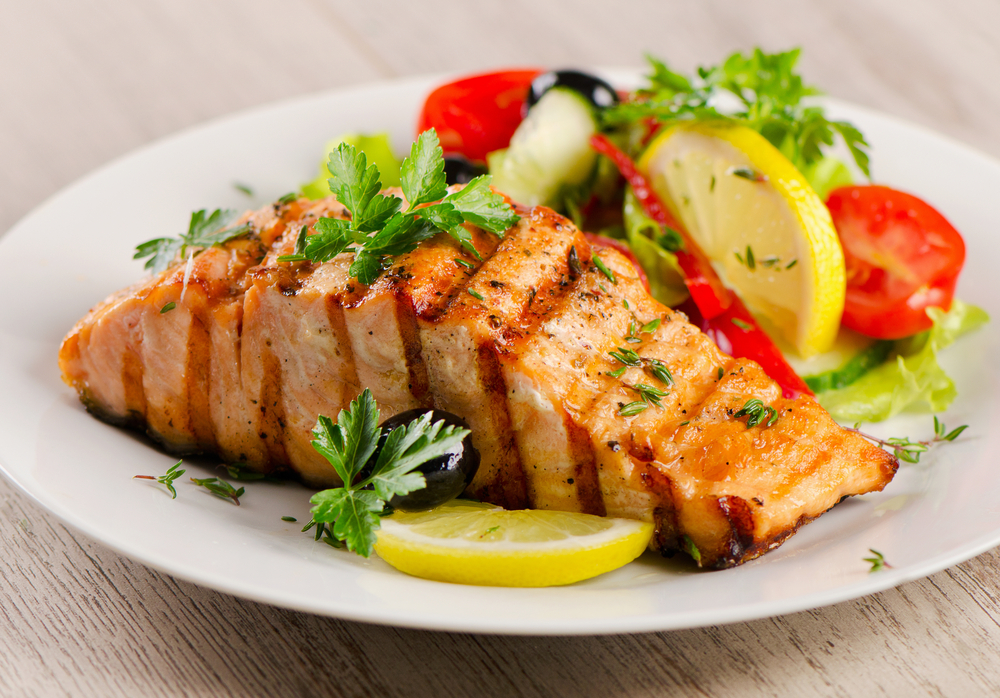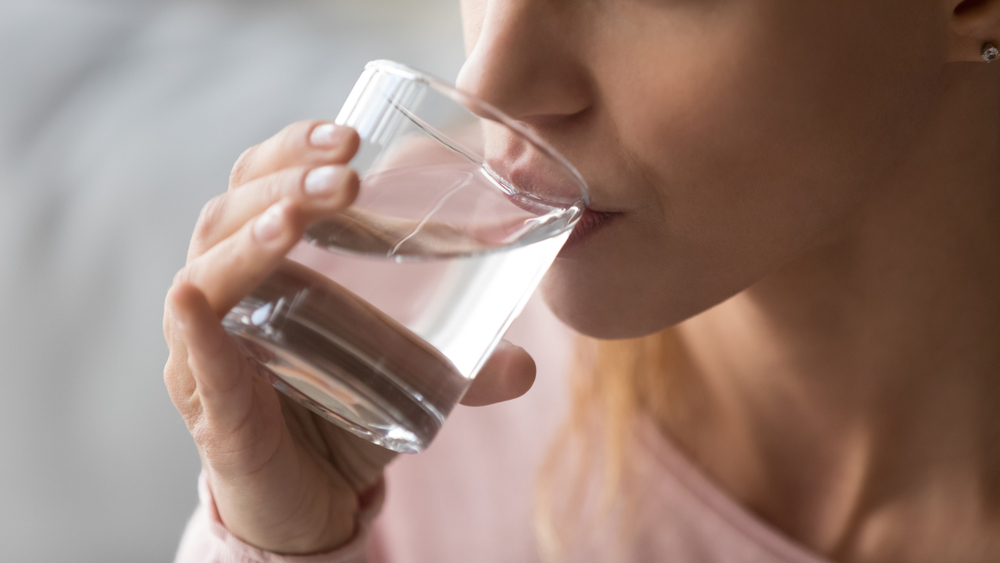Feeling a bit sluggish? These diet tips will help to fight fatigue and ensure you feel fantastic. By Louise Pyne.
The pandemic has forced us all to re-evaluate our lives. You might be working from home and managing a relentless workload without the focus of an office environment, or perhaps your fitness routine has taken a backseat as a result of gym closures? These disruptions to your usual routine can leave you feeling sluggish, demotivated and more prone to burnout, Daily diet plays a central role in controlling energy levels and mood, so our our nutrition expert Sophie Medlin, a leading dietitian and director of City Dietitians has put together her top five tips to make sure you feel fabulous whatever comes your way.
Put protein on the menu
Protein is an important macronutrient that keeps you feeling full so that you don’t experience a dip in energy levels. ‘Avoid rapid drops in blood sugar by having plenty of protein at meals and higher protein snacks in between,’ says Sophie. Snack on a handful of nuts and seeds, a protein bar or a slice of almond butter on wholemeal toast and making main meals that include legumes, tofu or lean chicken.

Avoid cutting out food groups
A well-rounded diet will help you to obtain all the nutrients you need to keep energy levels buzzing, ‘If you’ve cut out food groups like dairy or are reducing your meat intake, you might be low on B vitamins which are essential for energy metabolism and can cause debilitating fatigue when you’re not getting enough,’ believes Sophie. Of course, you may have personal or health reasons for cutting out certain groups – but just be sure to make sure healthy substitutions that offer a similar nutritional profile. This could mean if you’re avoiding dairy and meat that you increase your intake of leafy greens to ensure that you get enough calcium and iron.
Stay hydrated
The next time you’re feeling sluggish, chug back a glass of water. Thirst is one of the leading causes of dehydration. ‘Even being just one per cent dehydrated can affect your focus, concentration and mental energy,’ shares Sophie. Make sure that you take regular sips of water throughout the day to reach the recommended 1.5-litre daily quota, and on exercise days remember to drink extra H20. ‘You could also add an electrolyte supplement to your hydration regimen as salt depletion will significantly affect energy levels,’ recommends Sophie.

Eat regularly through the day
Little and often should be your mantra in order to keep energy levels fired up. ‘Skipping meals or allowing yourself to get too hungry will significantly affect your energy levels,’ says Sophie. If you’re not sure if you’re physically hungry or just bored, go for a 20-minute walk to test whether having a distraction helps you to forget about eating or not. Good snacks to eat throughout the day include hummus and oatcakes and a banana with peanut butter.
Get your eight hours
Want to hit the recharge button rather than the snooze button? Sleep is central to good health and you should aim for around seven to eight hours of quality time asleep each night. When you sleep your body gets to work repairing and restoring cells so that you wake up feeling refreshed and ready for the day ahead. ‘Not only does sleep improve our mental wellbeing and our physical health but not getting enough sleep really affects our appetite with sleep-deprived people eating 400 calories extra per day on average,’ maintains Sophie.







